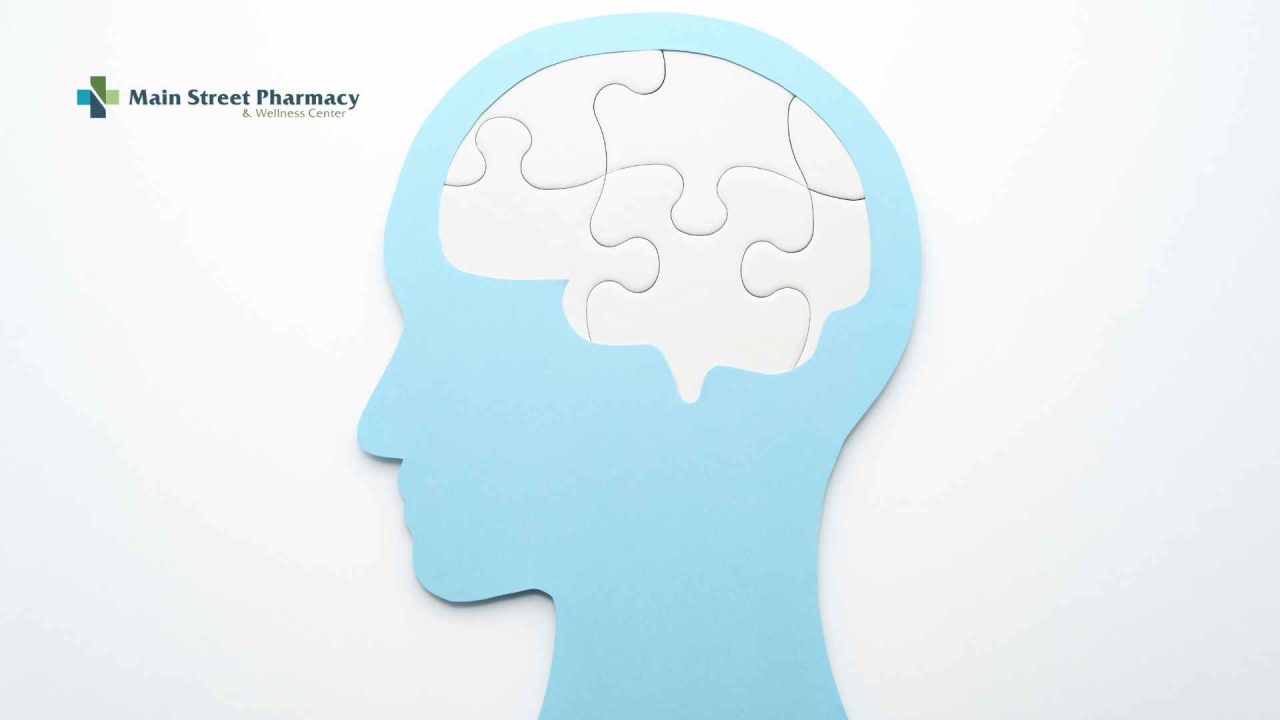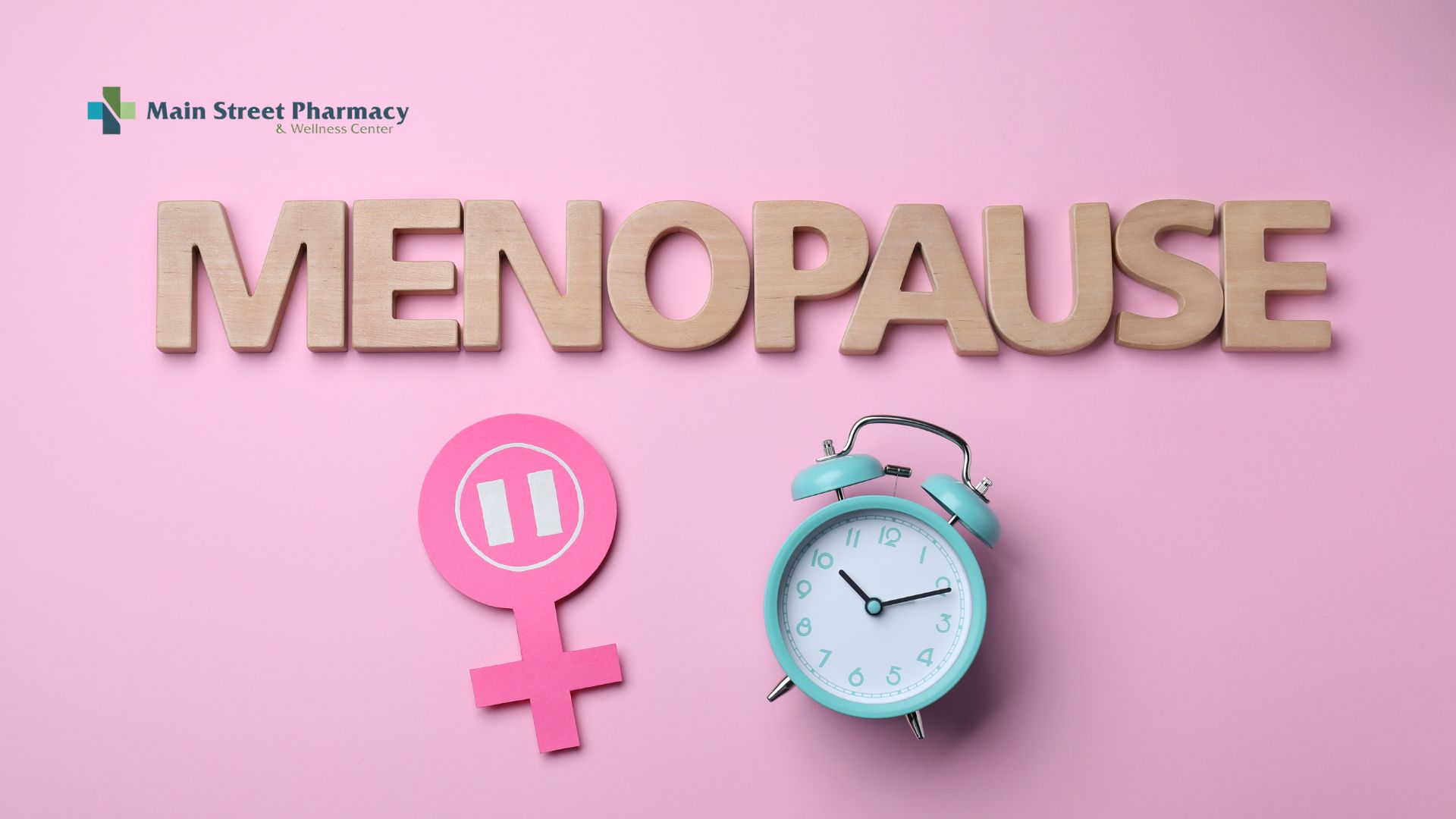Mental health is a cornerstone of overall well-being, essential for navigating life’s challenges, achieving personal fulfillment, and maintaining healthy relationships. While mental health is critical for everyone, men and women may experience unique challenges and societal pressures that impact their psychological well-being. In this article, we’ll explore the importance of mental health for both men and women and the factors that influence their mental well-being.
Understanding Gender Differences:
Men and women may face different societal expectations and cultural norms that influence their experiences of mental health. Traditional gender roles often dictate how men and women should express emotions, seek help, and cope with stress. For example, men may feel pressure to adhere to stoic ideals of masculinity, suppressing their emotions and avoiding vulnerability. In contrast, women may face expectations to prioritize caregiving roles and put others’ needs before their own, leading to feelings of burnout and neglect of self-care.
Unique Mental Health Challenges:
While mental health issues can affect anyone regardless of gender, men and women may be more susceptible to certain conditions. For example, women are more likely to experience mood disorders such as depression and anxiety, which may be influenced by hormonal fluctuations, reproductive events, and societal pressures. Men, on the other hand, may be less likely to seek help for mental health issues and are at higher risk for conditions such as substance abuse and suicide, which may be related to stigma, shame, and a lack of social support.
The Impact of Societal Expectations:
Societal expectations and gender norms can significantly impact mental health outcomes for both men and women. For men, the pressure to conform to traditional notions of masculinity can create barriers to seeking help and expressing vulnerability. This can lead to feelings of isolation, loneliness, and a reluctance to seek support for mental health concerns. Similarly, women may feel pressure to juggle multiple roles and responsibilities, leading to stress, perfectionism, and feelings of inadequacy.
Breaking the Stigma:
One of the most significant barriers to mental health care is the stigma and shame associated with seeking help. For men, the stigma surrounding mental health issues can be particularly pervasive, as seeking help may be seen as a sign of weakness or failure to live up to masculine ideals. Women may also face stigma, albeit in different forms, such as being labeled as “emotional” or “overly sensitive” for expressing their feelings. Breaking the stigma surrounding mental health requires challenging outdated stereotypes and promoting open, honest conversations about mental well-being.
Promoting Mental Health Awareness and Support:
Education and awareness are essential for promoting mental health literacy and reducing stigma. By providing information about common mental health issues, available resources, and strategies for self-care and coping, individuals can feel empowered to prioritize their mental well-being. Additionally, creating supportive environments where people feel safe to share their experiences and seek help without judgment is crucial for fostering resilience and recovery.
The Importance of Self-Care:
Self-care is a vital component of maintaining good mental health for both men and women. This includes practices such as regular exercise, mindfulness meditation, adequate sleep, and healthy coping mechanisms for stress. Taking time to engage in activities that bring joy, relaxation, and fulfillment can help replenish mental and emotional reserves, reducing the risk of burnout and improving overall well-being.
Seeking Professional Help:
When mental health issues arise, seeking professional help is essential for effective treatment and support. Whether through therapy, counseling, medication, or support groups, there are a variety of options available to help individuals address their mental health concerns and develop coping strategies for managing symptoms. It’s important for both men and women to recognize that seeking help is a sign of strength, not weakness, and that support is available for those who need it.
Mental health is a fundamental aspect of overall well-being, essential for living a fulfilling and meaningful life. While men and women may face unique challenges and societal pressures that influence their mental health, it’s essential to recognize that everyone deserves access to support, understanding, and care. By breaking the stigma, promoting awareness, and prioritizing self-care, we can create a culture that values mental health for all.






